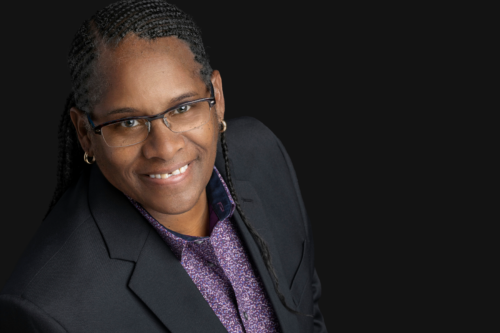This site is dedicated to understanding Santa Cruz County’s rich stories and histories of people of color. It includes curricular resources to support the nurturing and growth of all students, which is fundamental to a thriving, diverse community. There is not one narrative, these stories do not begin and end with oppression and racism, but embody themes of joy, passion, and resilience.

What gives me hope is the students themselves. I see young people using their voices to challenge injustice, educate their peers, and push for systemic change.. When we continue to educate, empower, and uplift, the future of racial equity in education remains bright.
- Elaine Johnson, NAACP President, Santa Cruz Chapter
Resources this Initiative Offers
Outcomes with an Equity Lens
Outcome data with an equity lens is essential for a racial equity and justice initiative as it helps guide our efforts by ensuring that strategies effectively address disparities and promote fairness across diverse racial and demographic groups. This data is foundational to understanding our impact and refining our approach to better serve the community.

Embracing our Core Values
Standing for justice and racial equity means actively advocating for systemic changes that dismantle inequalities and promote fairness across all racial groups. It involves challenging discriminatory practices and policies, and striving to create environments where everyone has the opportunity to belong and thrive without bias or barriers.

Uplifting Student Voices
Including student voice in our initiative ensures that our strategies and actions are grounded in the students' actual needs and experiences. This approach also brings to light unique issues and perspectives that might otherwise be missed, enabling more targeted and effective solutions.

Teaching & Learning Resources
Teaching and learning resources can help schools address equity and justice by providing educators with tools that promote an inclusive curriculum and culturally responsive teaching practices. These resources enable the integration of diverse perspectives and histories, fostering a learning environment that respects and represents all students.
